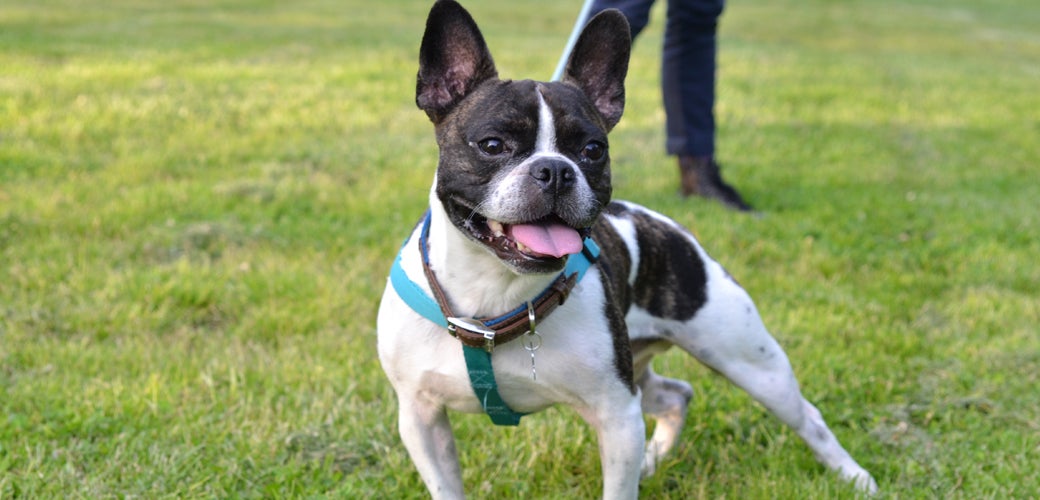
We all love spending the long, sunny days of summer outdoors with our furry friends, and as summer comes to a close in some parts of the country, you may be spending more time outside to soak up the warm weather while you still can. But being overeager in warmer temperatures can sometime mean danger for your pets. The ASPCA Animal Poison Control Center (APCC) has some helpful tips and information to ensure that your pets stay safe all summer:
- Make sure your pets get tested for heartworm if they aren’t on year-round preventative medication. Since heartworm is carried by mosquitos, the hot, humid climate of the summer puts more pets at risk.
- Pets can get dehydrated quickly in the heat. So give them plenty of fresh, clean water when it’s hot or humid. Make sure your pets have a shady place to get out of the sun, and be careful not to over-exercise them. It is best to keep them indoors completely when it’s extremely hot. Remember, if you don’t want to be outside, your pets probably don’t either.
- Knowing the symptoms of overheating in pets is also extremely important. Symptoms include excessive panting or difficulty breathing, increased heart and respiratory rate, drooling, mild weakness, stupor or even collapse. Severe symptoms can also include seizures, bloody diarrhea and vomit along with an elevated body temperature of over 104 degrees. Overheating can be extremely dangerous and should be taken seriously. If you think your pet is experiencing symptoms of overheating, you should call your veterinarian or APCC immediately.
- Also keep in mind that animals with flat faces, like Pugs and Persian cats, are more susceptible to heat stroke since they cannot pant as effectively. These pets, along with elderly or overweight animals and those with heart or lung diseases, should be kept cool in air-conditioned rooms as much as possible.
- Never leave your animals alone in a parked vehicle. Not only can it lead to fatal heat stroke, it is illegal in most states.
- Don’t leave pets unsupervised around a pool—not all dogs are good swimmers. Introduce your pets to water gradually and make sure they wear flotation devices when on boats. Rinse your dog off after swimming to remove chlorine or salt from his fur, and try to keep your dog from drinking pool water, which contains chlorine and other chemicals.
- Open, and unscreened windows pose a real danger to pets, especially cats, who often fall out of them. Keep all unscreened windows or doors in your home closed, and make sure adjustable screens are tightly secured if you are trying to allow a breeze into your home.
- Never shave your pet. The layers of animals’ coats actually protect them from overheating and sunburn. A seasonal trim is okay and brushing cats more often than usual can prevent problems caused by excessive heat. And be sure that any sunscreen or insect repellent product you use on your pets is labeled specifically for use on animals.
- When the temperature is very high, don’t let your dog linger on hot asphalt. Being so close to the ground, your pooch’s body can heat up quickly, and sensitive paw pads can burn. Keep walks during these times to a minimum.
If you are concerned for your pet’s safety, or if you feel they are experiencing symptoms of overheating or heat stroke, call your veterinarian or Animal Poison Control Center (APCC) at 888-426-4435 immediately.
Source: Read Full Article
